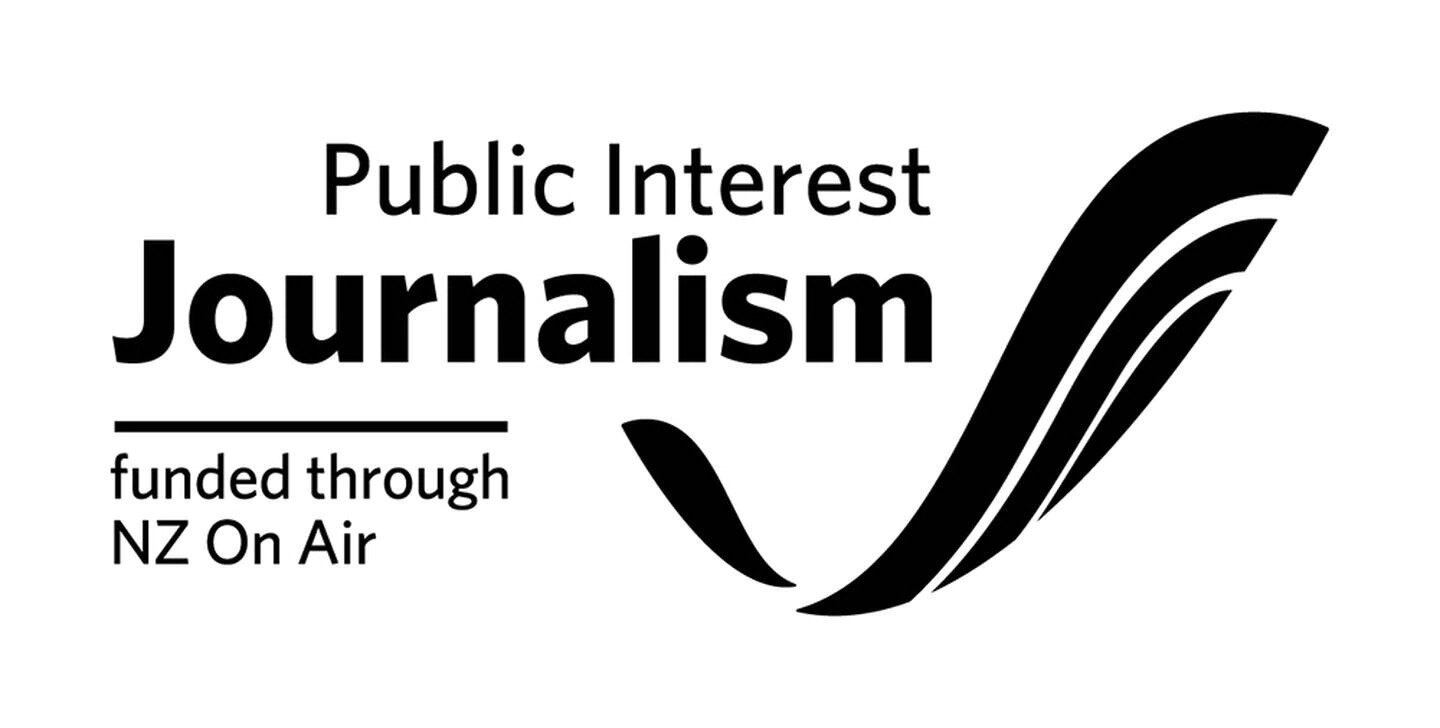It is hoped a multimillion-dollar investment will increase the number of Māori in the research, science and innovation (RSI) workforce.
The government has provided $6.5m to Kanapu, a programme designed by Ngā Pae o te Māramatanga – the Māori Centre of Research Excellence - for a mission to ignite the talent and leadership across the RSI sector.
Kanapu executive director Vanessa Clark says the programme aims at building on the growth Ngā Pae o te Māramatanga has seen in the 20 years since its inception but also allows greater protection of mātauranga Māori.
“The metaphor for Ngā Pae is that our researchers used to be able to fit into a telephone box. And now we can fit into an Airbus.
“When it comes to mātauranga Māori, I think about how we can be more explicit in putting protections and mechanisms in place to protect it. But more than that, if there were to be benefits derived from it, how those flow back to our communities.”
'Under pressure'
Kanapu will develop a suite of initiatives to connect and retain Māori talent in the research workforce, aiming to increase the numbers of Māori in it and help address the unique pressures they face.
Science Minister Dr Ayesha Verrall says Māori perspective and expertise in the research workforce are vital to ensuring it thrives and meets the opportunities and challenges of the modern world.
“Māori researchers at the beginning of their careers in research institutes are often under pressure to work two roles – their research role and additionally, a frequently unpaid role to provide cultural leadership. With few Māori research mentors to guide them through these unique and added pressures, Māori researchers can experience burn-out and leave the research workforce,” the minister said.
Clark says Kanapu won’t be a silver bullet that solves all the issues Māori researchers face, including those highlighted in a report released earlier this month that revealed how Māori and Pasifika post-graduate students feel undervalued, or "tokenistic" attitudes in the workplace but will add to existing programmes.
“There are three pou for Kanapu. One is connection from the outside in. What can we be doing in the community to connect our people with Māori researchers and scientists?
'Unique space'
“Secondly, and this ties into the report itself, is what are some retention things that we can be doing through Kanapu to alleviate those tensions?
“If we can't see ourselves, it becomes quite lonely.
“The third area is around acceleration, looking at upward mobility in the institutional settings that can also be very time-consuming for a lot of our people because the questions actually don't reflect in the ways in which the leadership acceleration programmes work today. They don't actually acknowledge the contribution, let alone the value our Maori researcher and scientists may bring to the table.”
Clark says the traditionally Western-derived system of research is beginning to morph with indigenous communities around the world, who are in turn increasingly aware of data sovereignty.
“I do think that's a really unique space that Ngā Pae can play at this time. Through Kanapu, it's about what are those practical things we can help whānau, marae and iwi, Māori trust incorporations and organisations to become a lot savvier in that regard."


